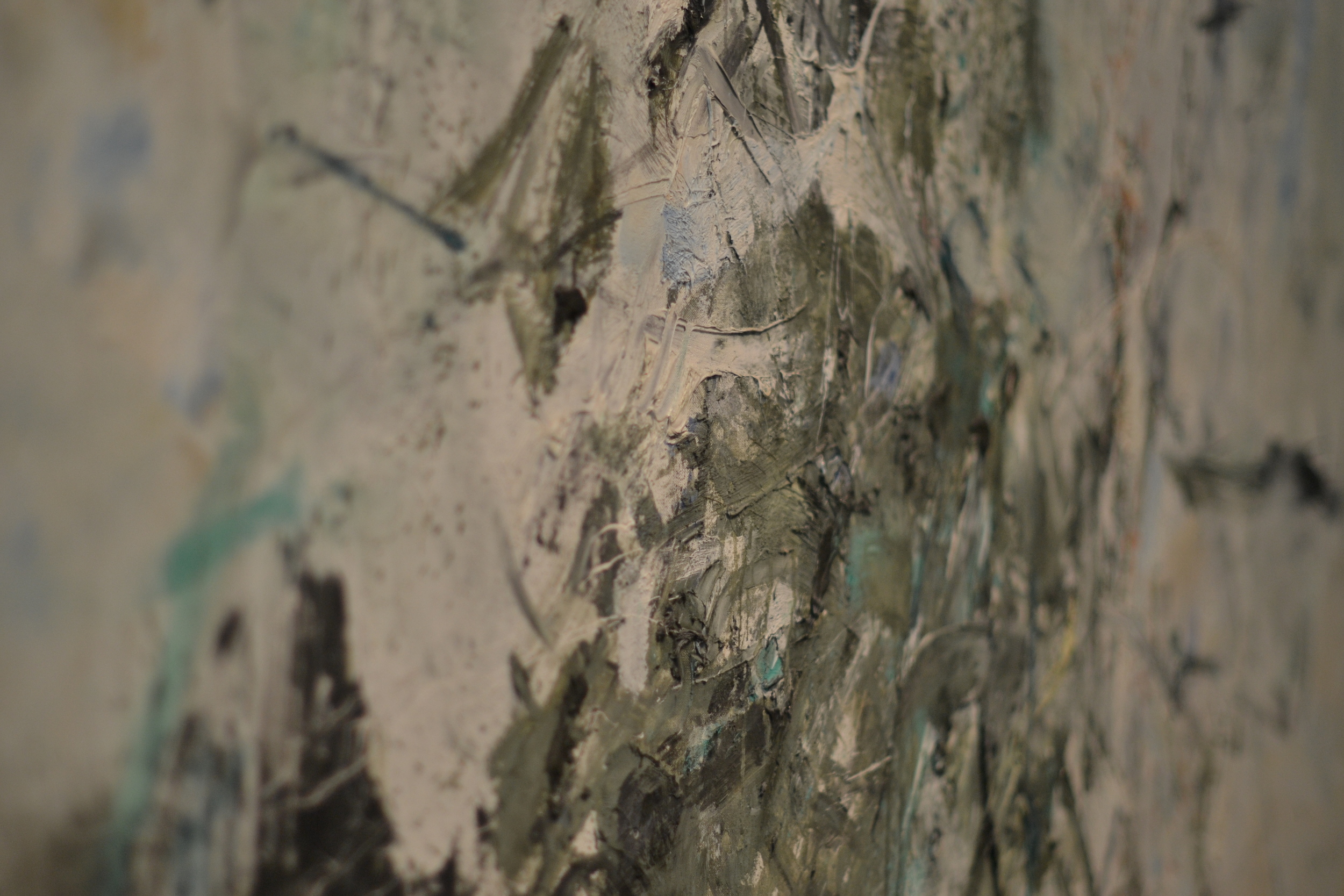One of my little academic hobbies is tracking down and sifting through various pieces of David Lewin-related ephemera that can be found around Harvard (as well as elsewhere, such as in the Library of Congress). Lewin graduated from Harvard with a BA in mathematics in 1954, and returned to Harvard as a Junior Fellow from 1958 to 1961, after doing his MFA at Princeton. Finally, he came once more back to Harvard in 1985, where he saw out his career as a Professor. While the later stages of Lewin's career are very well documented, I occasionally enjoy spending my time piecing together his early days.
One recent source I've uncovered is the archives of The Harvard Crimson, the student newspaper. Their archives are mostly online, though not always sorted or categorized very well. The following are a few articles of interest that contain little bits of biographical information on Lewin, with a bit of my commentary.
First of all, I've learned that Lewin lived in Harvard's Lowell House, and was inducted into Phi Beta Kappa in his junior year. It's interesting to note that he was in the same year, and house, as the author John Updike, who joined PBK at the same time. They surely knew each other, though I wonder how well. Lewin was also apparently director of something called the "Music Choral Society" (about which I can find very little else, anywhere) and was involved in Lowell House Opera.
Lewin was active as a pianist in both solo and chamber concerts during his time at Harvard (and, what's more, such recitals actually received write-ups in the student newspaper!). In May of 1952, he appeared in the Dunster House common room with violinist Sandor Shapiro. Reviewer Lawrence R. Casler wasn't a fan of their programming choices; Lewin and Shapiro played the Brahms Sonata in G Major, Mozart's Violin Sonata in B-flat, K. 15, and Beethoven's Violin Sonata, Op. 12, No. 2; Casler only approved of the Brahms. Lewin is described as playing with "delicate simplicity."
There are also two reviews of solo recitals, both in Lowell House. The first, from October 1952, is again reviewed by Lawrence Casler, who takes Lewin to task for stiffness and sloppiness when playing Bach's Chromatic Fantasy and Fugue, and criticizes him for choosing to play Schumann's Kreisleriana, which Casler finds "dull and reptitious." Lewin's interpretation of Schoenberg's Op. 19 piano pieces is praised, as is his rendition of Mozart's Piano Sonata in A Minor, K. 310. It's interesting to note here that, despite comments about Lewin's "light touch" and "delicate simplicity" in the last review, Casler here asserts that "Lewin is far removed from the 'tinkly' school of Mozart interpreters. His playing ... was bold and muscular. And though this, lacking grace and delicacy, may not be authentic Mozart, it impressed me as imaginative and original." We thus get two very different descriptions of Lewin's playing style, within the course of only a few months, and from the same (difficult to please) reviewer.
The other recital review, and the last one that I've unearthed, comes from roughly a year later, October of 1953 -- the fall of Lewin's senior year. A new critical voice, Alexander Gelley, brings us an account of Lewin's all-Mozart program, and praises the performer's "intelligent and careful musicianship, conscientious preparation, and highly competent technique." The highlight of the concert was apparently the D Minor Fantasia, with the K. 333 Sonata in B-flat coming a close second. Gelley is less enthusiastic about Lewin's rendition of the C Minor Fantasia, criticizing Lewin's slow tempo and imbalance between melody and accompaniment.
I'm not sure that there's anything new to be found about the circumstances of Lewin's graduation. Summa cum laude in Mathematics. Additionally, he won the Harry Russell Shaw Traveling Fellowship, which, according to his CV, allowed him to spend the 1954-55 school year studying composition with Josef Polnauer in Vienna. I also know from an inscription on one of the compositions held in Isham Library (about which more in a future blog) that Lewin spent some time in Copenhagen in February of 1955, finishing a piece there. [Note that Lewin's classmate John Updike, now president of the Harvard Lampoon, appears alongside him again, winning his own fellowship to the UK, on top of the university's prestigious Bowdoin Prize for English composition.] Finally, in a bit of new info, the article notes that Lewin also received the Wister Prize, which officially goes to a student who excels at both mathematics and music.
Finally, during his time in the Harvard Society of Fellows (1958-61), Lewin had a piece of his premiered by the Harvard-Radcliffe Orchestra. His "Essay on a Subject of Webern" was performed in March 1961, months before he decamped to Berkeley. Reviewer Anthony Hiss compares the piece (the titular 'subject' of which is derived from the second movement of Webern's String Quartet Op. 28) to Arnold Schoenberg, and describes it as "concise, clear, and pleasing."
